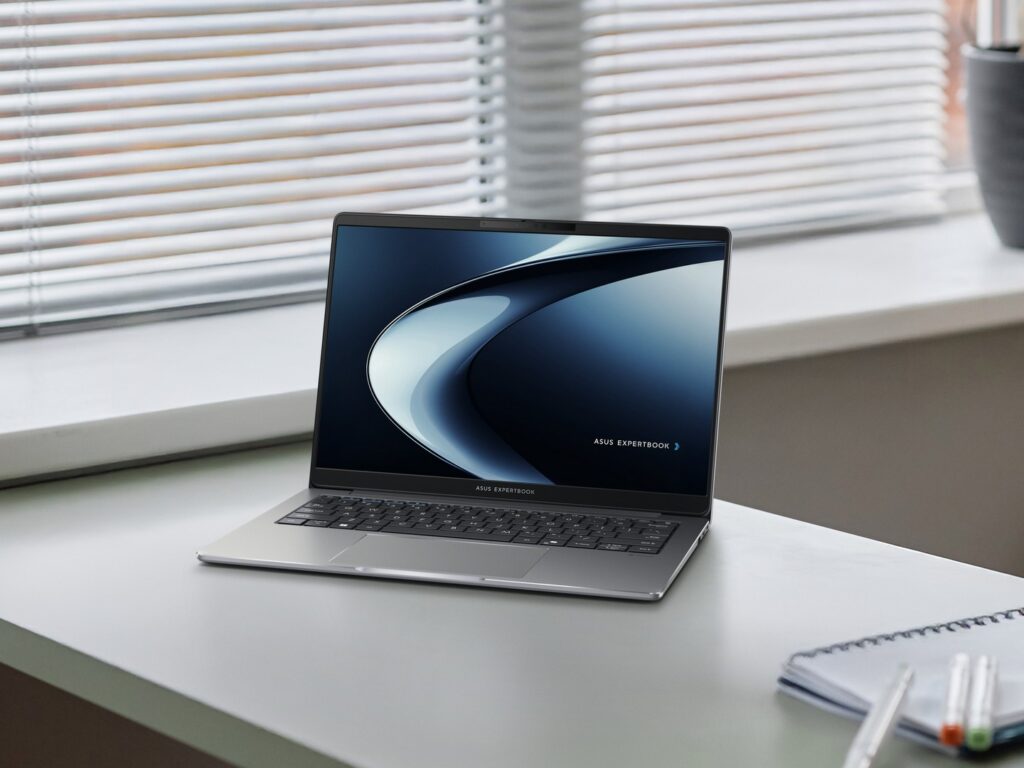In a move that could significantly impact the performance and efficiency of future Pixel devices, reports indicate that Google has tapped Taiwan Semiconductor Manufacturing Company (TSMC) to manufacture its upcoming Tensor chipsets. Digitimes’ sources suggest that the Taiwanese foundry will produce the Tensor G5—expected to debut with the Pixel 10 series this fall—as the first in a line of Google-designed silicon.
Shift to TSMC for Future Tensor Chips
This development corroborates rumours that first surfaced in 2024 and signals a departure from Google’s previous reliance on Samsung’s manufacturing for its Tensor System-on-Chips (SoCs). While the Tensor chips have powered Google’s Pixel smartphones, they haven’t consistently matched the performance or power efficiency of flagship chipsets from competitors.
Multi-Year Agreement in Place
The report further claims that the agreement between Google and TSMC spans three to five years, potentially meaning that TSMC will be responsible for manufacturing Tensor chips all the way up to the Pixel 14 series. This long-term commitment suggests a significant strategic shift for Google’s mobile hardware ambitions.
Industry analysts believe this transition could be a positive development for the Pixel lineup. TSMC has established a reputation for superior chip manufacturing processes compared to Samsung Foundry. Historically, SoCs produced by TSMC have often demonstrated better performance and energy efficiency than their Samsung-made counterparts, even with identical chip designs. A prime example cited in the report is the Snapdragon 8 Gen 1 Plus, which outperformed the Samsung-manufactured Snapdragon 8 Gen 1 in both power and efficiency.
The decision by Google to switch manufacturers comes amidst reported challenges within Samsung’s chip manufacturing division. Recent news indicates yield issues with Samsung’s upcoming Exynos 2500 chip, which reportedly led the company to utilise Qualcomm Snapdragon processors for its entire Galaxy S25 series. Interestingly, Samsung now expects to debut the Exynos 2500 in its upcoming Galaxy foldable devices.
Internal Restructuring at Samsung
The difficulties within Samsung’s LSI (Large Scale Integration) division appear to be substantial, with reports suggesting an internal restructuring where Samsung’s MX (Mobile Experience) division is poised to take over the chip manufacturing business.
Ultimately, the shift to TSMC for its Tensor chipsets holds the promise of delivering a significant boost in performance and efficiency for future Pixel devices. This could allow Google to better compete in the high-end smartphone market and provide users with a more compelling mobile experience.




